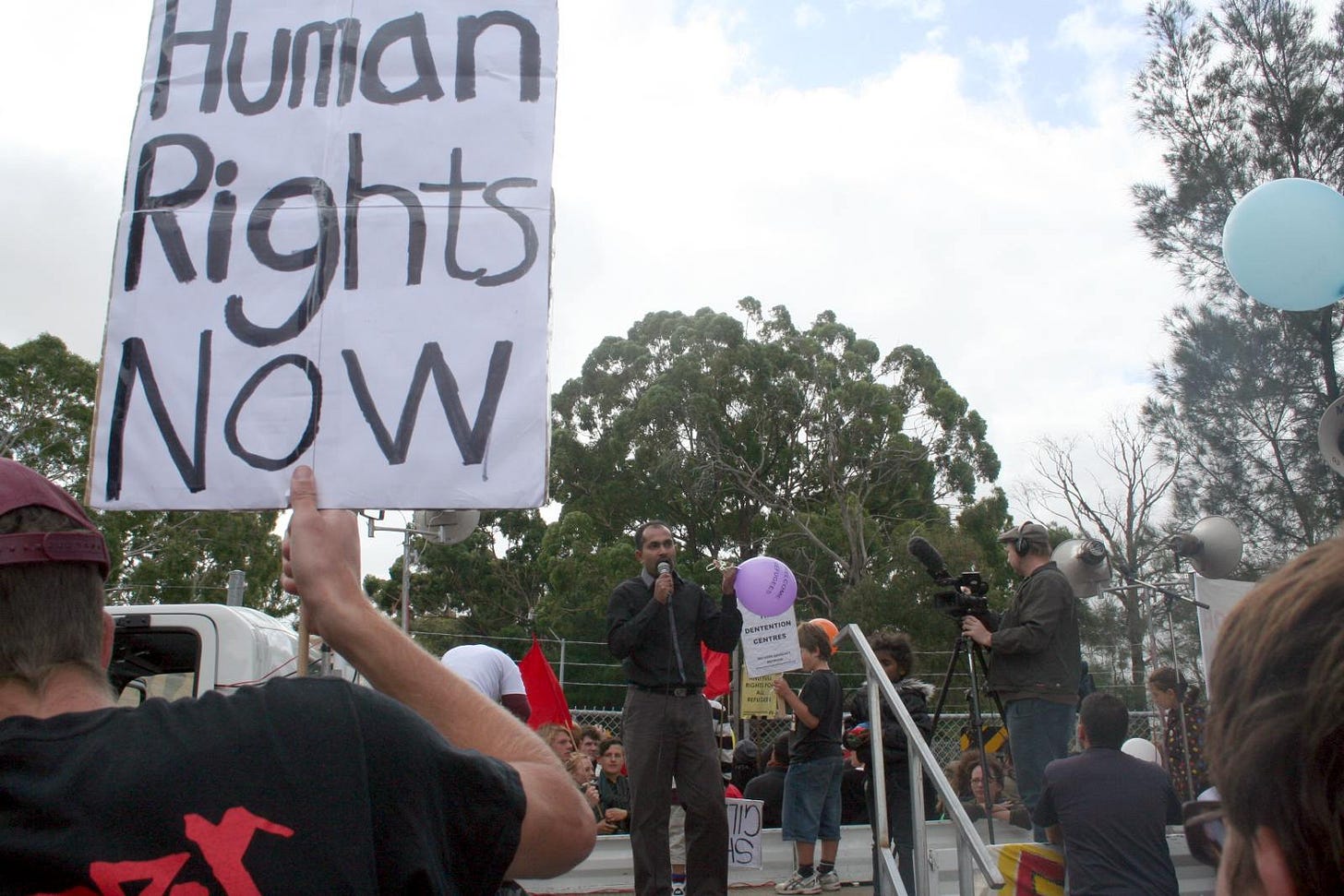Australia in breach of UN anti-torture convention for two years
It has now been two years since Australia missed its deadline to implement its obligations under a UN protocol aiming to prevent human rights abuses in places of detention.
Australia has now been in breach of UN convention aiming to prevent human rights abuses in places of detention for more than two years.
Australia ratified the Optional Protocol to the Convention Against Torture (OPCAT) more than seven years ago in late 2017, but is still yet to put its obligations under this agreement in place.
OPCAT requires signatories to allow a visiting group of UN experts unfettered access to places of detention and for Australia’s state and territories to establish independent proactive inspectorates of places of detention, known as National Preventive Mechanisms (NPM).
In 2022 a group of visiting UN experts was forced to terminate its visit after it was blocked from attending a number of places of detention, and Australia’s three biggest states are yet to nominate an NPM.
This means Australia has been in beach of its anti-torture obligations for more than two years, and is staring down the barrel of being placed on the UN’s non-compliance list.
Human Rights Law Centre associate legal director Monique Hurley called on the federal and state governments to get their act together.
“These governments have had years to implement anti-torture mechanisms to increase transparency and accountability pursuant to the UN’s anti-torture protocol, and have continuously failed to enshrine these bare minimum protections in law,” Hurley posted on X.
“Governments must stop giving the cold shoulder to human rights obligations, implement OPCAT and end brutal practices - like solitary confinement - once and for all.”
After pushing back its deadline to implement OPCAT to 20 January 2022, the federal government formally requested another extension and was granted one running to 20 January 2023.
This date came and passed with no action on fully implementing these human rights-protecting obligations.
Six of Australia’s nine jurisdictions have nominated NPMs, although none of these have been adequately funded to fulfill their mandate on an ongoing basis, according to the Commonwealth Ombudsman.
New South Wales, Victoria and Queensland are holding out and have refused to designate an NPM unless they receive ongoing funding from the federal government.
The federal government has offered one-off funding to all states and territories to get the inspectorates up and running, but only the ACT has taken it up on this offer.
Last year’s federal budget included one-off payments of $900,000 for Queensland and $200,000 for Tasmania to establish NPMs, but these were rejected by the states.
The most recent meeting of representatives from the NPMs that have been established acknowledge the “ongoing challenges” with implementation “particularly the resourcing of NPMs”, but said the group remains committed to the objectives of the protocol.
And the jurisdictions which have nominated an NPM have not provided adequate funding for them to fulfill their mandate, with some not providing any OPCAT-specific funding at all, the Commonwealth Ombudsman said.



